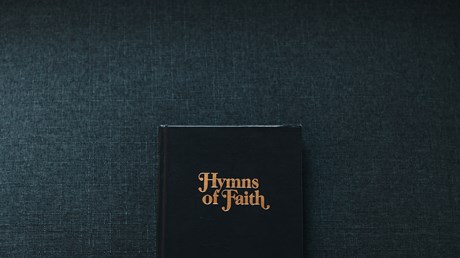Experts weighed in.

John Piper needed “Great Is Thy Faithfulness” to match a sermon, so he wrote two new Reformed verses. Many of writer Thomas Chisholm’s fellow Methodists, who “sing their theology,” couldn’t sing along.
Answers are arranged on a spectrum from “yes” answers at the top to “no” answers at the bottom.
“Many gentlemen have done my brother and me . . . the honor to reprint many of our hymns. Now they are perfectly welcome so to do, provided they print them just as they are. But I desire they would not attempt to mend them; for they really are not able . . . to mend either the sense or the verse.”
John Wesley, songwriter and evangelist, in Collection of Hymns for the Use of the People Called Methodists (1780)
“Hymns are theological statements. John and Charles Wesley convey Methodist ethos in and through hymns. Methodism embeds its theology in song: lyrical theology. To that end, and particularly for Methodism, hymns are not theologically neutral but carry theological distinctiveness.”
Swee Hong Lim, sacred music program director, University of Toronto’s Emmanuel College
“Taking a hymn in a new theological direction is far from novel in church history. (Calvinist George Whitefield altered Charles Wesley’s text “Hark, the Herald Angels Sing” and made it a smidgen less Wesleyan.) Was Piper wrong to transpose Chisholm’s hymn to a Reformed key? No. Is it always permissible? No. Is it always profitable? No. Is it always faithful? One can certainly hope so.”
David Taylor, assistant professor of theology and culture, Fuller Seminary
“It is more urgent for composers to be less concerned with the particulars of our ...
from
http://feeds.christianitytoday.com/~r/christianitytoday/ctmag/~3/c_3EiheQYFQ/should-hymns-keep-theology-of-their-writers.html
No comments:
Post a Comment